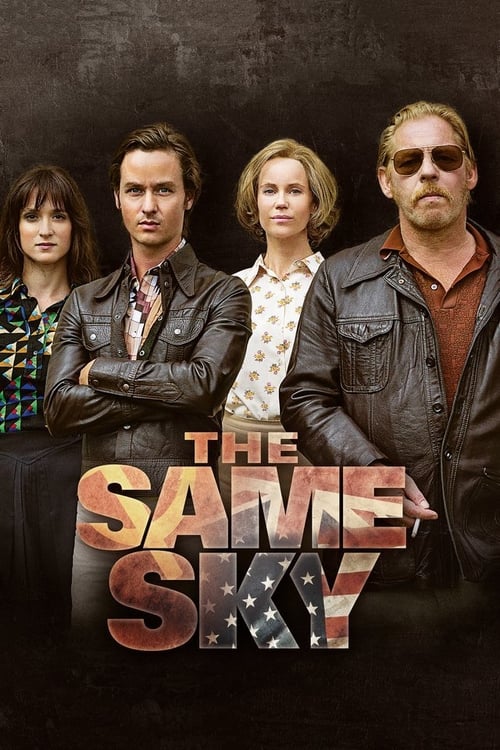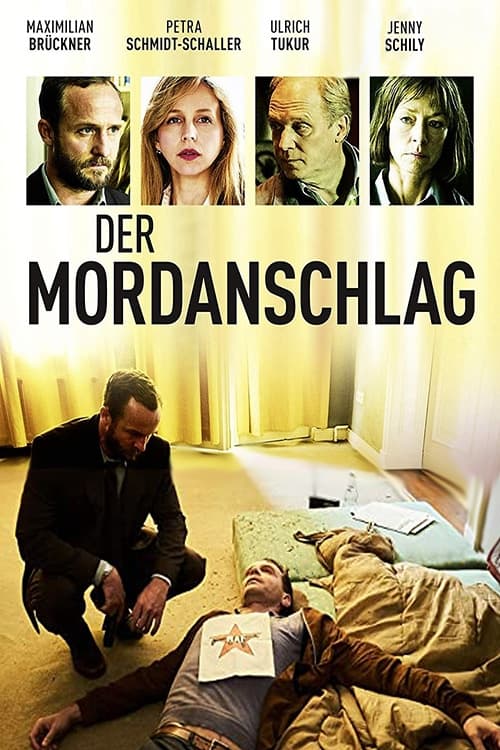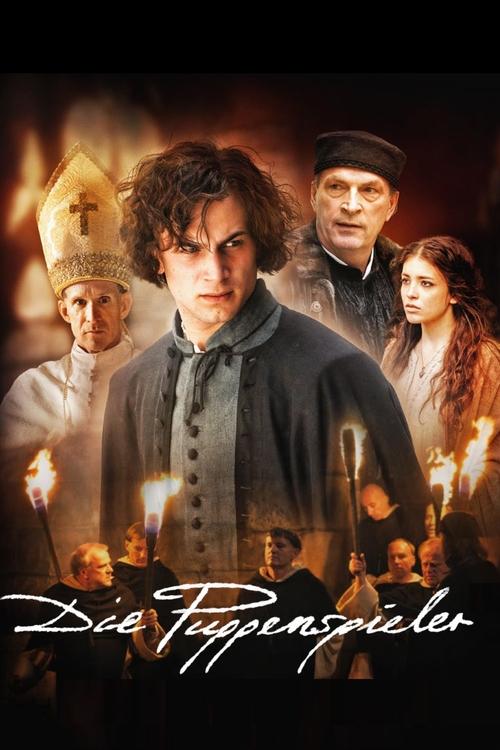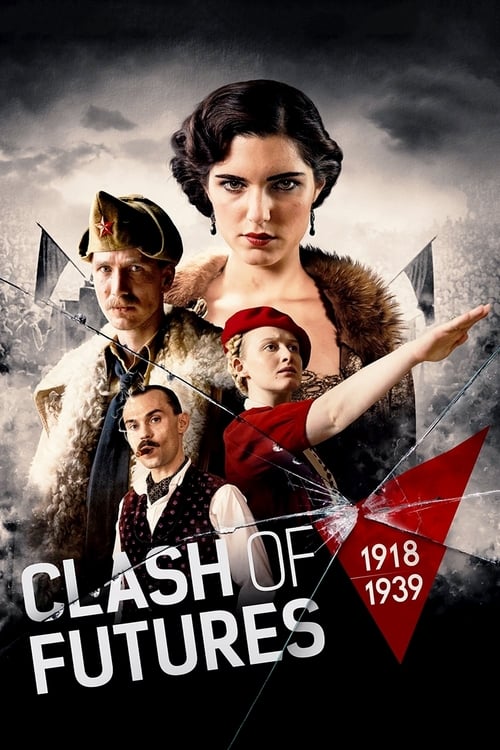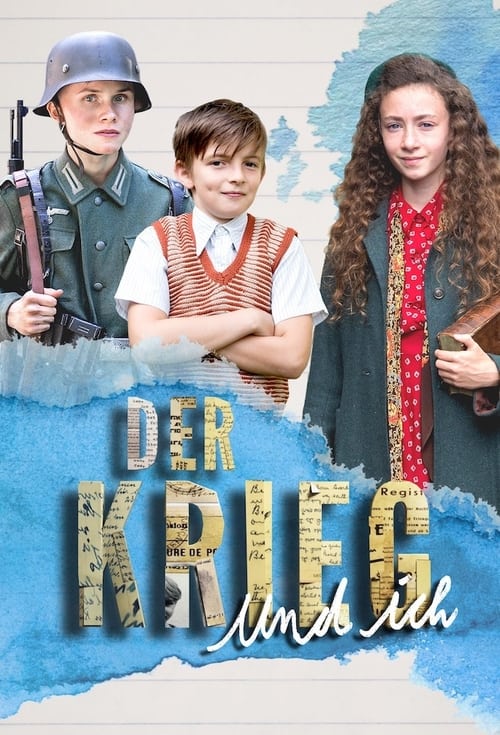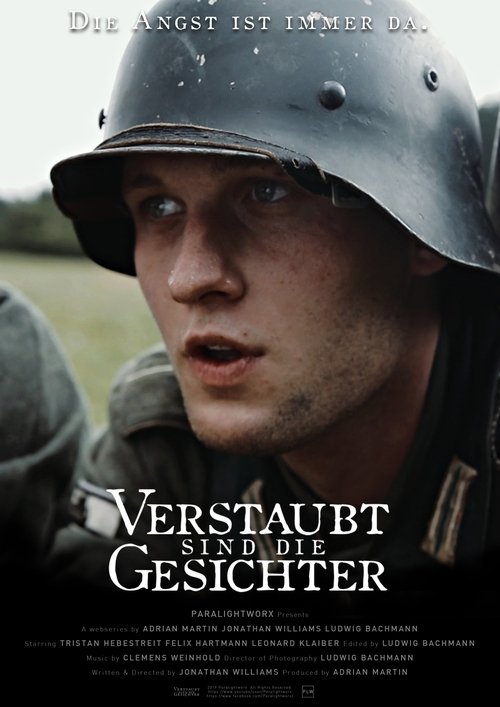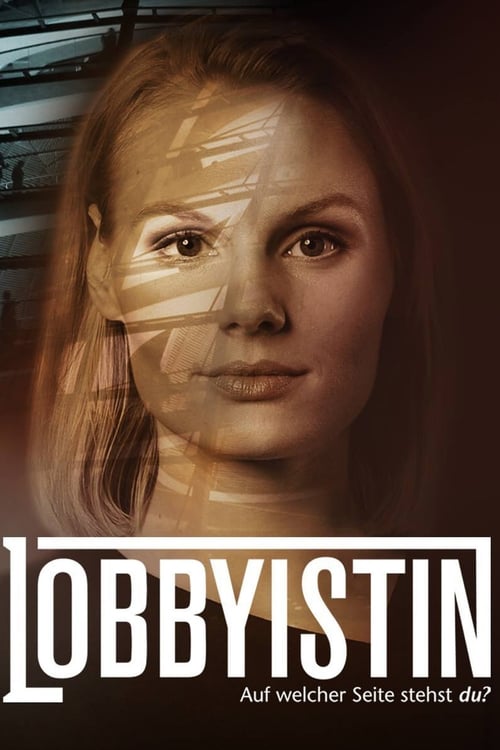
Ask Your Own Question
What is the plot?
In the opening scene of "Große Reden," we are introduced to the protagonist, Max, a struggling motivational speaker who is facing a crisis in his career. He is seen rehearsing in front of a mirror, practicing his speeches with a mix of desperation and determination. His apartment is cluttered with self-help books and notes, reflecting his obsession with success. Max receives a call from his agent, who informs him that his latest gig has been canceled due to low ticket sales. This news leaves Max feeling defeated and questioning his abilities.
Determined to turn his luck around, Max decides to attend a high-profile speaking event in the city, hoping to network and find new opportunities. At the event, he encounters several successful speakers, including the charismatic and confident Lisa, who captivates the audience with her powerful delivery. Max feels both inspired and intimidated by her presence. After the event, he approaches Lisa, and they engage in a conversation that reveals her own struggles and the hard work behind her success. This interaction ignites a spark in Max, motivating him to refine his own approach to speaking.
As Max begins to implement new techniques he learned from Lisa, he faces a series of setbacks. He attempts to deliver a speech at a local community center, but the audience is unresponsive, and he struggles to connect with them. Frustrated, he returns home and reflects on his failures, feeling the weight of his dreams slipping away. In a moment of vulnerability, he confides in his best friend, Tom, who encourages him to keep pushing forward and to find his unique voice.
Max's journey takes a turn when he stumbles upon an online competition for aspiring speakers, with the grand prize being a chance to present at a prestigious conference. Excited by the opportunity, he dedicates himself to preparing for the competition. He spends countless hours practicing, refining his message, and even incorporating personal stories to make his speeches more relatable. As the competition approaches, Max's confidence begins to build, but he also feels the pressure mounting.
On the day of the competition, Max arrives at the venue, where he is met with a diverse group of contestants, each with their own unique styles and stories. The atmosphere is electric, filled with anticipation and nervous energy. As he waits for his turn, Max observes the other speakers, feeling a mix of admiration and self-doubt. When it's finally his turn, he steps onto the stage, his heart racing. He delivers his speech with passion, drawing from his personal experiences and connecting with the audience on an emotional level. The crowd responds positively, and Max feels a surge of adrenaline as he finishes.
After the competition, Max anxiously awaits the results. When the winners are announced, he is overjoyed to learn that he has secured a spot to present at the prestigious conference. However, his joy is short-lived as he learns that Lisa, the speaker he admired, has also won a spot. This revelation stirs a mix of admiration and rivalry within him, as he grapples with the idea of competing against someone he respects.
In the lead-up to the conference, Max and Lisa cross paths again, and they form an unexpected friendship. They share their experiences and challenges, and Lisa becomes a mentor figure for Max, offering him guidance and support. However, as the conference date approaches, Max begins to feel the pressure of living up to the expectations set by his newfound friendship and the competition.
On the day of the conference, the atmosphere is charged with excitement. Max watches as Lisa delivers her speech, and he is struck by her authenticity and connection with the audience. This moment serves as both inspiration and a source of anxiety for him. When it's his turn to speak, he steps onto the stage, feeling the weight of his journey behind him. He delivers a heartfelt speech that resonates deeply with the audience, sharing his struggles and triumphs. The crowd responds with enthusiasm, and Max feels a sense of fulfillment as he finishes.
After the conference, Max receives an overwhelming response from the audience and industry professionals. He is approached by several people interested in collaborating with him, and he realizes that he has finally found his place in the world of motivational speaking. In a final scene, Max reflects on his journey, acknowledging the challenges he faced and the growth he experienced. He stands in front of a mirror once more, this time with a confident smile, ready to embrace the future.
What is the ending?
In the ending of "Große Reden," the main characters confront their personal truths during a climactic speech competition. Tensions rise as they reveal their vulnerabilities, leading to a cathartic resolution. Ultimately, the protagonist finds their voice, while the others come to terms with their own struggles, leading to a bittersweet but hopeful conclusion.
As the final act unfolds, the scene opens in a dimly lit auditorium, filled with an anxious crowd. The atmosphere is thick with anticipation, the air buzzing with the murmurs of the audience. The camera pans across the faces of the contestants, each one reflecting a mix of determination and fear. The protagonist, Lena, stands backstage, her heart racing as she clutches her notes. She takes a deep breath, her mind racing with self-doubt, but she knows this moment is crucial for her growth.
The first contestant steps onto the stage, delivering a powerful speech that resonates with the audience. The camera captures the intensity of their performance, the way their voice quivers with emotion, and the way the crowd responds with rapt attention. Lena watches, feeling both inspired and intimidated. She knows she must dig deep to find her own truth.
As the competition progresses, each speaker shares their personal stories, revealing their struggles and triumphs. The second contestant, Marco, speaks about his battle with anxiety, his voice trembling as he recounts moments of despair. The audience is visibly moved, and Lena feels a pang of empathy for him. She realizes that everyone on this stage is fighting their own battles, and she begins to understand the power of vulnerability.
Finally, it's Lena's turn. She steps onto the stage, her palms sweaty and her heart pounding. The spotlight shines down on her, illuminating her face as she begins to speak. At first, her voice wavers, but as she continues, she taps into her deepest fears and insecurities. She shares her journey of self-discovery, the moments of doubt that have plagued her, and the realization that she is not alone in her struggles. The audience is captivated, hanging on her every word.
As she finishes her speech, there's a moment of silence before the crowd erupts into applause. Lena stands there, tears in her eyes, feeling a sense of liberation wash over her. She has finally found her voice, and in doing so, she has connected with the audience on a profound level.
In the aftermath of the competition, the characters gather backstage, their emotions still raw. Marco approaches Lena, offering her a heartfelt congratulations. They share a moment of understanding, both having faced their fears and emerged stronger. The bond between them deepens, hinting at a potential friendship built on shared experiences.
The final scene shifts to the aftermath of the competition. Lena, now more confident, walks through the bustling streets, a smile on her face. She reflects on her journey, the challenges she faced, and the connections she made. The camera captures her newfound sense of purpose, a stark contrast to the uncertainty that once clouded her mind.
As the credits roll, the audience is left with a sense of hope. Each character has faced their own demons, and while their paths may diverge, they carry the lessons learned from this experience with them. The story concludes on a note of resilience, emphasizing the importance of finding one's voice and the strength that comes from vulnerability.
Is there a post-credit scene?
In the 2018 TV show "Große Reden," there is indeed a post-credit scene that adds an intriguing layer to the narrative.
As the credits roll, the screen fades back in to a dimly lit room filled with scattered papers and a single flickering light bulb hanging from the ceiling. The camera pans slowly across the room, revealing a cluttered desk with various speech notes and a half-empty coffee cup, hinting at the late-night efforts of the protagonist, Max.
Max, visibly exhausted but determined, is seen pacing back and forth, rehearsing a speech that he has been struggling to perfect throughout the series. His brow is furrowed, and there's a palpable tension in his shoulders as he mutters phrases under his breath, trying to find the right words. The emotional weight of his journey is evident; he is not just preparing for a public speaking event but is also confronting his own fears and insecurities that have been a central theme throughout the show.
Suddenly, the door creaks open, and his mentor, Clara, steps in. She carries a stack of books and a warm smile, which contrasts with the somber atmosphere. Clara places the books on the desk and encourages Max, reminding him of the progress he has made and the importance of authenticity in his speeches. Her presence brings a sense of comfort and support, and Max's expression softens as he listens to her words.
The scene ends with Max taking a deep breath, a flicker of hope igniting in his eyes as he looks at Clara, ready to embrace the challenge ahead. The screen fades to black, leaving viewers with a sense of anticipation for what is to come, emphasizing the themes of growth and resilience that permeate the series.
What motivates the main character, Anna, to pursue her career in public speaking?
Anna, a passionate and ambitious young woman, is driven by her desire to overcome her childhood insecurities and the fear of being unheard. Her journey begins when she witnesses a powerful speech that changes her perspective on communication, igniting a fire within her to inspire others and find her own voice.
How does the relationship between Anna and her mentor, Mr. Schmidt, evolve throughout the series?
Initially, Anna views Mr. Schmidt as a strict and demanding mentor who pushes her beyond her limits. As the series progresses, their relationship deepens; she learns to appreciate his tough love approach, and he becomes a father figure to her, guiding her through personal and professional challenges, ultimately leading to a mutual respect and understanding.
What challenges does Anna face during her first major public speaking competition?
During her first major competition, Anna grapples with intense anxiety and self-doubt. The pressure mounts as she competes against seasoned speakers, and she struggles to find her unique voice amidst the overwhelming expectations. A pivotal moment occurs when she stumbles during her speech, but instead of giving up, she draws on her personal experiences, transforming her vulnerability into strength, which resonates with the audience.
What role does the character of Lisa play in Anna's journey?
Lisa, Anna's best friend, serves as both a source of support and a catalyst for change. She encourages Anna to step out of her comfort zone and confront her fears. However, Lisa also faces her own struggles, which creates tension in their friendship. This dynamic forces Anna to balance her ambitions with her loyalty to Lisa, ultimately leading to a deeper understanding of friendship and personal growth.
How does the theme of competition affect the characters' relationships in the show?
The competitive nature of public speaking creates a rift among the characters, particularly between Anna and her rival, Max. Initially, their rivalry is fueled by jealousy and ambition, leading to confrontations and misunderstandings. However, as they both face their individual challenges, they begin to see each other as more than just competitors, fostering a complex relationship that evolves from animosity to mutual respect and camaraderie.
Is this family friendly?
"Große Reden," produced in 2018, is a show that explores complex themes and character dynamics, which may not be suitable for all audiences, particularly children or sensitive viewers.
-
Mature Themes: The show delves into topics such as family conflict, betrayal, and personal struggles, which may be emotionally intense for younger viewers.
-
Emotional Turmoil: Characters often experience significant emotional distress, including scenes of crying, anger, and frustration, which could be upsetting for sensitive individuals.
-
Conflict and Arguments: There are several scenes featuring heated arguments and confrontations between family members, showcasing intense emotional exchanges that may be uncomfortable for children.
-
Depictions of Failure: Characters face personal and professional failures, leading to moments of despair that could resonate negatively with younger audiences.
-
Subtle References: While not overtly graphic, there are subtle references to adult relationships and societal pressures that may not be fully understood by children.
Overall, while "Große Reden" offers rich storytelling and character development, its emotional depth and mature themes may warrant caution for family viewing.




